Politics and Government: Organizations and Institutions
Adele Gutman Nathan
Adele Gutman Nathan was a prolific writer, theater director, and creator of historical pageants and commemorative events. She wrote fourteen children’s books, in addition to newspaper and magazines articles. Nathan directed theater in Baltimore and New York and staged events from the 1933 and 1939 World’s Fairs to the hundredth anniversary of the Battle of Gettysburg.
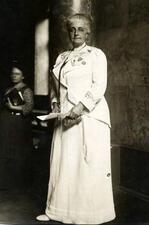
Maud Nathan
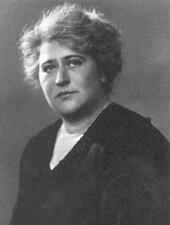
National Council of Jewish Women
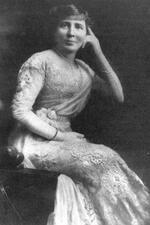
National Federation of Temple Sisterhoods
Founded in 1913 as the National Federation of Temple Sisterhoods and officially renamed Women of Reform Judaism (WRJ) in 1993, the WRJ has for more than a century galvanized hundreds of thousands of Jewish women to support and advance Reform Judaism, the Jewish people, and Jewish values in their home communities, around the country, and around the world.
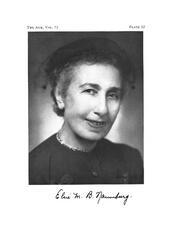
Elsie Margaret Binger Naumburg
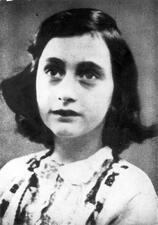
Modern Netherlands
Like Jewish women everywhere, Dutch Jewish women struggled with issues of assimilation, emancipation, and equality as both Jews and women. This article summarizes the conditions and challenges facing Jewish women in the Netherlands and the paths to progress and change they sought—education, work, activism, and literature, among others—from the nineteenth century to the present, including after the particular decimation of Dutch Jewry during the Holocaust.
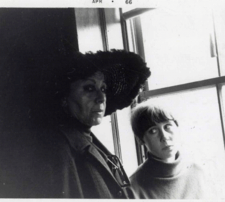
Louise Nevelson
Louise Nevelson belongs to a generation of Manhattan-based painters and sculptors whose careers coincided with the development of modernism in America. Nevelson created sculptures that audiences could both experience and see. Several of her pieces are now owned by the Whitney, the Brooklyn Museum, and MOMA.
Jewish Women in New Zealand
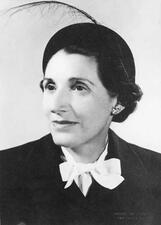
Estelle Newman
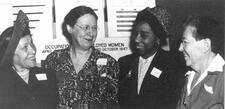
Pauline Newman
Pauline Newman played an essential role in galvanizing the early twentieth-century tenant, labor, socialist, and working-class suffrage movements. The first woman ever appointed general organizer by the International Ladies Garment Workers Union (ILGWU), Newman continued to work for the ILGWU for more than seventy years—first as an organizer, then as a labor journalist, a health educator, and a liaison between the union and government officials.
Blanche Cohen Nirenstein
Descending from a family active in Jewish communal life, Blanche Cohen Nirenstein further developed her leadership abilities in a wide range of social science activities. Nirenstein found a myriad of ways to help Jewish widows and needy children, from founding a kosher summer camp to supporting Holocaust survivors.

Galina Nizhnikov Veremkroit
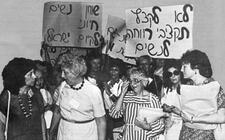
Non Governmental Organizations (NGOs) in Israel, 1948-2000
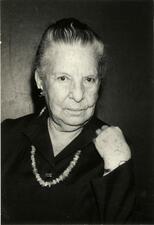
Miriam Novitch
Miriam Novitch was a member of the French Resistance during World War II and, after, an advocate for education on the Jewish resistance and the experiences of Holocaust survivors. She was one of the founders of the Itzhak Katzenelson Holocaust and Jewish Resistance Heritage Museum (also known as the Ghetto Fighter’s House, or GFH) and served as the curator for its art collection for many years.
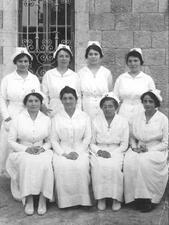
Nursing as a Female Profession in Palestine (1918-1948)
Nursing was a well-respected profession for Jewish women in Palestine, until doctors and nurses clashed about the proper level of education for nurses in the 1930s. Despite the challenges women faced in the medical field, they contributed greatly during times of war and violence before the founding of Israel.
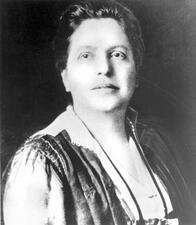
Nursing in the United States

Dalia Ofer
Dalia Ofer is an Israeli historian whose work mainly focuses on women’s experiences in the Holocaust and collective memory of the Holocaust in Israeli society. Ofer has published a multitude of books and articles on these topics during her career, and she has held positions at many prestigious universities around the world including the Hebrew University of Jerusalem, Harvard, Yale, and Columbia.
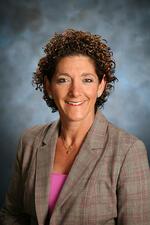
Julie Wise Oreck
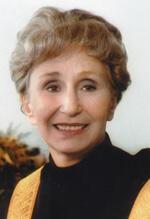
Sylvia Ostry
Sylvia Ostry, born in Winnipeg, Canada, was a distinguished economist, academic, and government leader. She taught at universities across Canada, served in numerous government posts, and authored over eighty publications, mostly on policy analysis.
Vera Paktor
In her too-short life, Vera Paktor reached unprecedented heights for a woman in maritime law, forging regulations for new developments in the shipping industry.
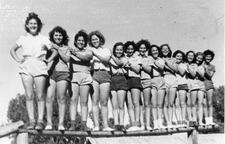
Palmah
The Palmah was the elite fighting brigades of the underground paramilitary force Haganah, active between 1941 and Israel’s founding in 1948. Women were active in the Palmah, but were they considered equal to men?
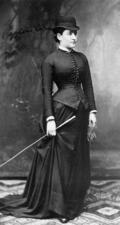
Bertha Pappenheim
Bertha Pappenheim was the founder of the Jewish feminist movement in Germany. In 1904, she founded the League of Jewish Women. Pappenheim believed that male-led Jewish social service societies underestimated the value of women’s work and insisted on a woman’s movement that was equal to and entirely independent of men’s organizations.
Mollie Parnis
Mollie Parnis’s wit and fashion-savvy made her clothing designs a must during her tenure as a fashion legend. Parnis was equally famed for her New York salons that welcomed literary and political giants and for her fashion designs that adorned first ladies.

Erna Patak
Erna (Ernestine) Patak was a social worker and one of the Zionist veterans in Vienna in the early twentieth century, serving as the first president of WIZO Austria in the early 1920s. After surviving Theresienstadt, she returned to Vienna and later moved to London and finally to Tel Aviv.
Peace Movement in the United States
Throughout the twentieth century, Jewish women played a major role in American peace organizations and movements. Jewish women have also been in prominent roles advocating for peace between Israel and Palestine, both in the Knesset and with private organizations.


